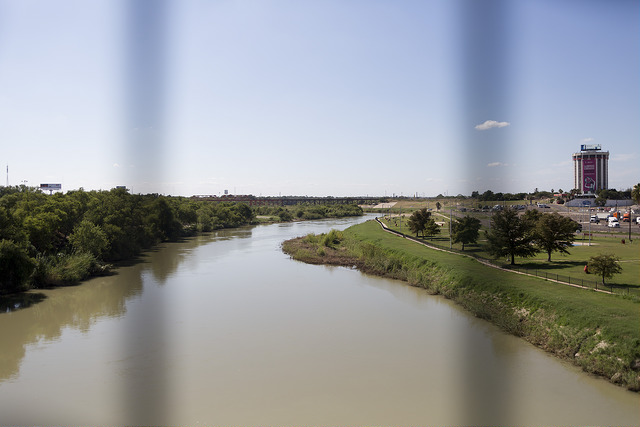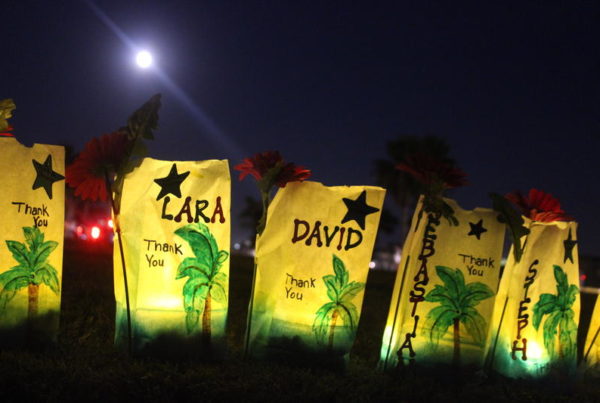You’ve almost certainly heard about the dog days of summer, but do you know about canicula? You probably do if you’re from the Rio Grande Valley. Otherwise, perhaps not.
It’s a term in the Valley that’s shorthand for the peak of summer heat, but it’s not just a weather term. The canicula seeps into most every part of day-to-day life, which, on the border, includes immigrants trying to cross into the United States. It’s something that Houston-based reporter Molly Hennessy-Fiske considered in a recent piece for the Los Angeles Times.
Hennessy-Fiske says the term “canicula” comes from the Canis Major constellation, whose brightest star, Sirius, is known as the “great dog.”
“It has superstitions surrounding it,” Hennessy-Fiske says. “[It] has to do with the time of year that it comes because it’s the 40 hottest days of the year…into July and August.”
Hennessy-Fiske, who regularly reports on immigration at the southern border, says when she’s working there during the summer, everyone from customs agents at border crossings to restaurant servers talk about the canicula.
“Everywhere I would go, it was…something you could use as kind of a conversation starter,” she says. “Everyone would have something to say about it.”
Responses and superstitions related to the canicula vary widely. Hennessy-Fiske says people avoid having major surgeries and tend to keep children inside because of the heat. But they also pay attention to its patterns.
“If the canicula starts super hot, [they believe] it’s gonna end super hot,” she says. “This year, it started, as you might imagine, super hot, and so people knew they were in for a long haul.”
This factors into immigration because people use the canicula to gauge the risk of crossing into the United States at the border along the Rio Grande Valley – a notoriously hot, deadly region in the summer. Hennessy-Fiske says even in the past week, the border patrol has found the dead bodies of migrants, as well as people suffering from heat exhaustion.
Hennessy-Fiske says during the canicula, border agents and others along the U.S. side of the border feel greater pressure to help people crossing illegally, because of the elevated risk of dying from the heat.
“One of the commanders I talked to said, ‘Well, you know, you’d have to be inhuman not to offer somebody water.’ But, then, if you’re offering someone a ride, then that’s harboring and so that’s something different,” Hennessy-Fiske says.
Written by Caroline Covington.
















